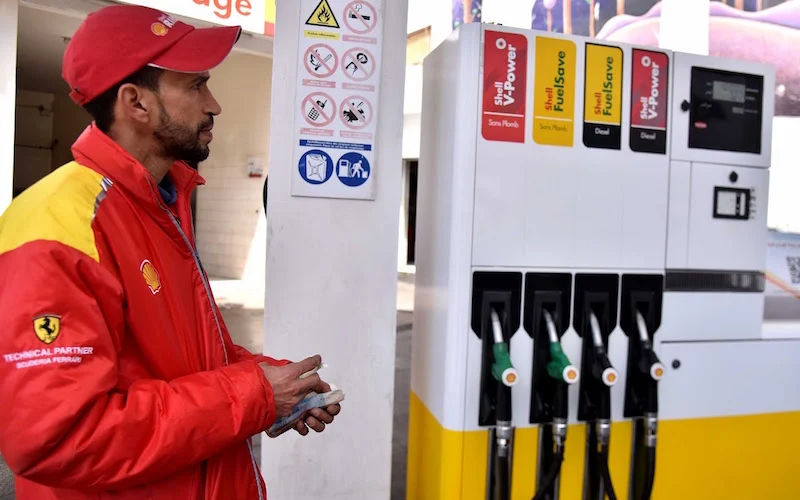Morocco’s Competition Council Calls for Fuel Market Reforms After Margin Analysis

After a detailed analysis, the Competition Council makes several recommendations to improve the transparency and competitiveness of the fuel market.
The Competition Council has published a document entitled "Reporting for the 1st quarter of 2024 on the monitoring of the commitments made by the wholesale distribution companies of Diesel and Gasoline within the framework of the transactional agreements concluded with" the institution. A detailed analysis of the profit margins of fuel distributors in Morocco. It emerges that the margins on diesel have experienced a significant increase compared to those of gasoline. The average gross margins of diesel and gasoline distributors have shown notable variations during the first quarter of 2024, the report reveals. For diesel, the gross margins fluctuated between 1.24 DH/L and 1.69 DH/L, with a weighted average of 1.46 DH/L. As for gasoline, the gross margins ranged from 1.76 DH/L to 2.26 DH/L, for a weighted average of 2.07 DH/L.
For diesel, the CIF (cost, insurance, freight) quotations recorded an increase of 0.47 DH/L, while the average purchase cost slightly increased by 0.15 DH/L. However, the average selling price decreased by 0.31 DH/L, showing that the distributors absorbed part of the increase in international costs. As for gasoline, the CIF quotations recorded an increase of 1.15 DH/L, and the average purchase cost increased by 0.39 DH/L. The average selling price slightly decreased by 0.06 DH/L, thus indicating a partial absorption of the increases by the distributors. The report notes a slightly downward trend in gross margins for diesel, but the margins for gasoline remained relatively stable, reflecting the pricing strategies of distributors in the face of fluctuations in international costs.
The Competition Council has made several recommendations to improve the transparency and competitiveness of the fuel market. These include increased monitoring of pricing practices and strengthened collaboration between regulatory authorities and distributors.
Related Articles
-

Air Corsica Launches Mediterranean Winter Escapes: Direct Flights to Morocco from €339
4 September 2025
-

French Renewable Energy Investment in Moroccan Sahara Sparks Polisario Backlash
3 September 2025
-

Chinese Steel Giant Clinches Morocco’s High-Speed Rail Contract, Boosting World Cup 2030 Infrastructure
3 September 2025
-

Mediterranean Shipping War: French Lawmakers Blast Italian Giant’s ’Predatory Dumping’
2 September 2025
-

Solo Traveler’s Moroccan Dream: Tamraght’s Hidden Coastal Charm Captivates Digital Nomads
2 September 2025